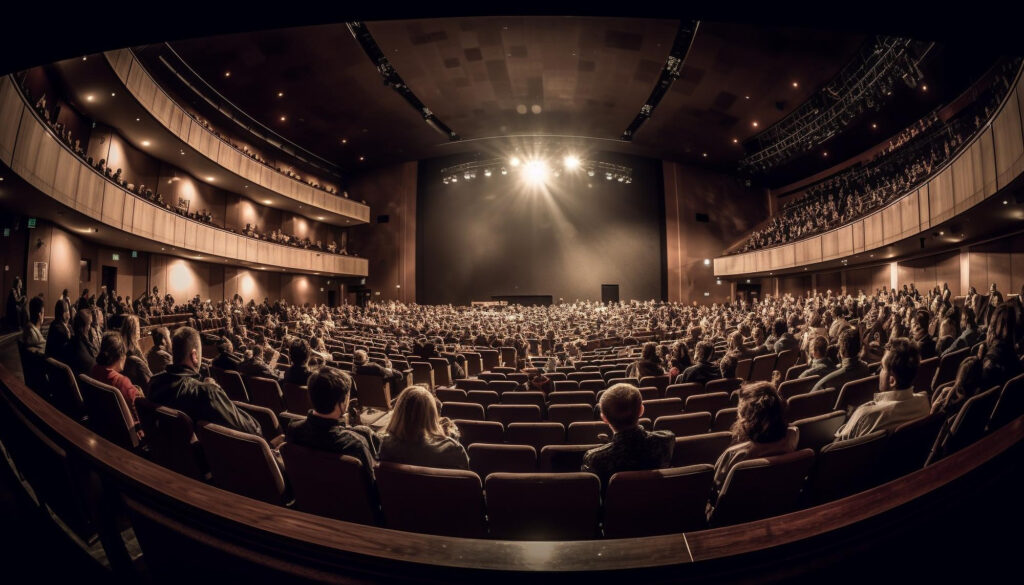
The Differences Between Stage and Screen Acting: A Beginner’s Guide
Acting is a unique art form that can take many different forms, each with its own set of challenges and rewards. Stage and screen acting are two such forms that are often compared and contrasted. Although both involve acting, there are significant differences between the two that actors need to be aware of. In this article, we will explore the key differences between stage and screen acting.
The Basics
Stage acting typically takes place in a theatre or other live performance space, while screen acting is done in front of a camera on a film set or other filming location. Stage actors perform for a live audience, while screen actors perform for a camera that will later capture their performance for a wider audience.
Performance
One of the most significant differences between stage and screen acting is the level of performance required. Stage actors need to project their voice and movements to reach the back of the theater and engage with the audience. They also need to be aware of the blocking and staging of the production to ensure they are in the right place at the right time.
In contrast, screen actors need to be more subtle in their performance, as the camera can pick up even the smallest facial expression or movement. They need to convey emotion and meaning through their eyes and body language rather than relying on exaggerated movements and vocal projection.
Preparation
Another key difference between stage and screen acting is the preparation required. Stage actors usually have weeks or even months to rehearse and perfect their performance. They need to memorize their lines, blocking, and cues, and develop a deep understanding of their character.
Screen actors, on the other hand, often have much less time to prepare. They may only receive their lines and blocking the night before or even on the day of filming. They also need to be prepared to shoot scenes out of order and to adjust their performance based on the director’s feedback.
Technical Aspects
Technical aspects also differ significantly between stage and screen acting. Stage actors need to be aware of their positioning on stage, their movements, and their vocal projection. They also need to work with the lighting, sound, and set design to create an immersive experience for the audience.
Screen actors, on the other hand, need to be aware of the camera’s placement, the lighting, and the framing of each shot. They also need to work with the sound department to ensure their voice is recorded clearly, and they need to be mindful of continuity and staying in character throughout multiple takes.
Final Thoughts
Both stage and screen acting require different skills and approaches, and actors need to be prepared to adapt to whichever medium they are working in. Understanding the differences between the two can help actors to excel in their craft and create compelling performances that engage and entertain audiences. Whether you are an aspiring actor or a seasoned professional, developing skills in both stage and screen acting can open up a world of opportunities and enable you to showcase your talent in a variety of contexts.






